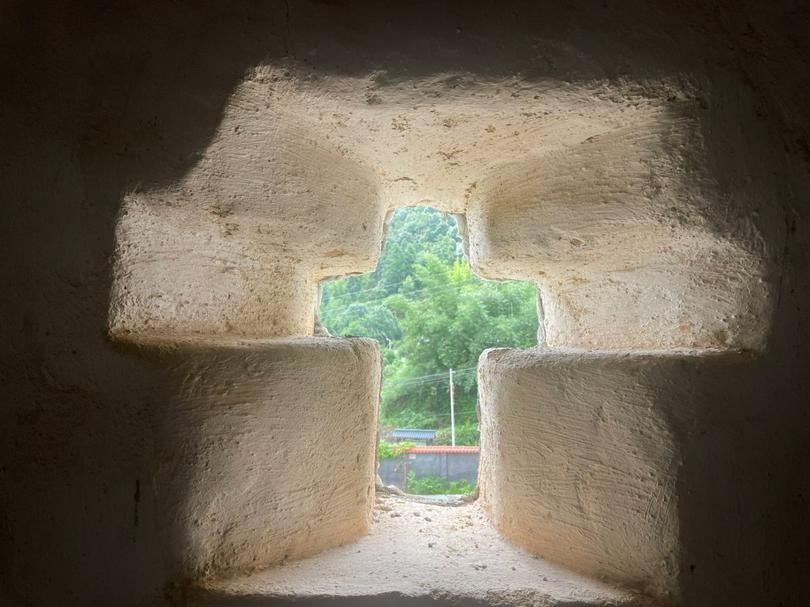Recently, when I visited the county churches of M City in southern China, I learned that many grassroots churches here lack preachers. Being unable to cultivate, support, and maintain them has become the main factor.
M City has a long Christian history, with 168 churches established here before 1949. Because M City is located in the mountains, many churches are in the mountains. If it is not the believers who live nearby who often gather here, there are hardly any believers from neighboring villages who come over mountains and rivers to gather here. That's why it's so important to train local pastors to serve. But the relatively young people here have gone to big cities to work, and the believers left behind are in their 60s. Even the young believers who are consciously trained and sent out to study theology rarely come back and stay, making some churches afraid to train young pastors again.
During the exchange, I learned that some churches cannot afford a pastor. And the preachers, forced by financial pressure, have to find other jobs.
The several churches I went to were all churches with a history spanning more than 100 years, but there were only dozens of people at each meeting, and they are seriously aging. There is no need for such a church to invite a special preacher, which is also a question that the church is currently considering, not to mention that it cannot afford to hire one. At present, these churches only invite pastors to give a sermon every Sunday. The doors of the church are closed at other times, and the church does not carry out any other ministry.
Church B, which is in M City, is actually facing the same problem. But Church B with a steady congregation of only about 60 people, supports three preachers, a seminarian, and an elder. "How can a township church also achieve this? The person in charge must find a way to solve the problem of preachers' compensation." Pastor Y, the head of Church B, said that, in fact, the reason they can provide for so many preachers is that they have found a method suitable for them at the moment.
A pastor can serve multiple churches, and Church B joins with other churches to provide for the pastors. For example, these three preachers have their main church to serve. That is, this church would pay their basic salaries and social security, but that would not be much. So Pastor Y will help them expand their service by going to other churches in need twice a month. Every month, they will also get a subsidy of 500–800 yuan. Then their total income every month would be about 4,000.
"Churches should be united with each other, share pastoral resources, and be independent in management." Pastor Y sees the real needs of the church here, so he is not only doing this in his church, but he is also carrying out training on church strategies and plans for other churches. He hopes that by spreading this idea, he can help more needy churches here.
Currently, two churches work together to cover the cost of supporting a seminarian. Pastor Y said that the theological student will graduate next year, and the church will have another young preacher. The total number of believers in the two churches is about 100, and there are two elders and four preachers, so the pastoral team is still relatively large.
Pastor Y said that he would continue to hire and train preachers and would send them to other churches at any time if needed.
- Translated by Nicolas Cao












